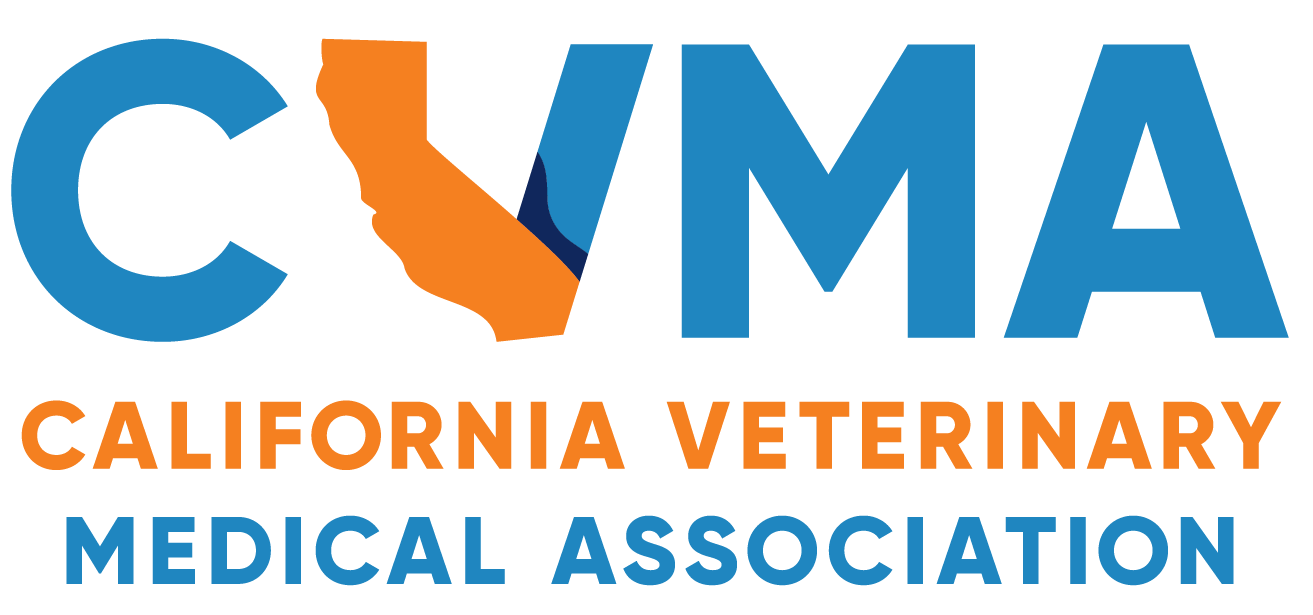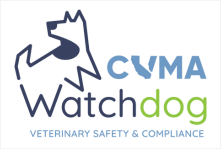Many veterinary practices find regulated waste statutes and regulations to be confusing, with misconceptions resulting in risk to sanitation workers, stress on the environment, and unnecessary costs to the veterinary practice when items not classified as medical waste are treated as such.
Medical Waste Management: Veterinary Practice Obligations








